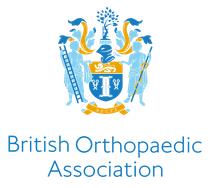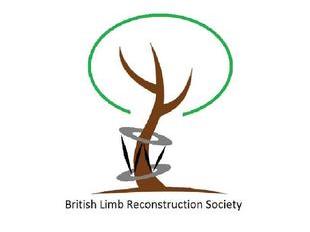Complex Limb Reconstruction Surgery (LRS) in the UK - BOA/BLRS/GIRFT Position Statement
Complex Limb Reconstruction Surgery (LRS) in the United Kingdom BOA/BLRS/GIRFT Position Statement
Complex LRS involves the management of a diverse group of congenital and acquired conditions. Decision and management strategies include a spectrum of surgical techniques based on principles and surgeon experience to inform individualised treatment.
Individual
All health care professionals involved in complex LRS must operate within their competencies, to the highest professional standards, and maintain their education through continual professional development with study leave funded by employing Trusts.
Surgeons must be able to demonstrate appropriate training, such as a fellowship or dedicated mentorship. Individual surgeons must scrutinise their practice and should collect data using logbooks or local registers tracking activity levels, procedures undertaken, and complications. These data should be available for appraisal and revalidation in addition to unit level review.
Robust processes that follow hospital governance pathways should be in place to ensure the safety and efficacy of procedures or devices new to a unit or surgeon.
Where single handed practice is undertaken, it must be part of a wider network with formal Multidisciplinary Team (MDT) discussions.
Outcomes and review of complications must be regularly audited, should be part of an MDT or formal follow up programme, and include monitoring of outcomes and adverse events.
Departmental
Decision making requires collaborative working, with input from a range of health care professionals.
The essential members of the multidisciplinary team working in complex LRS should include:
- Specialist Nurse/Advanced Nurse Practitioner (or equivalent)
- Physiotherapist
- Microbiologist/ infectious disease Consultant (where bone infection work is undertaken)
- Orthopaedic Surgeon
Additional members may include:
- Plastic surgeon trained in limb reconstruction techniques
- Specialist Radiologist
- Psychologist/Psychiatrist
- Rehabilitation Physician
- Occupational Therapist
- Orthotist/Prosthetist
- Social Worker
- Play specialist
A robust consenting process is essential to ensure that the range of management options, adverse events and their consequences are understood by patients/carers. This must be organised with sufficient time for reflection as mandated by the General Medical Council.
Dual consultant surgeon operating should be available in low volume high complexity cases and reflected in job planning as an exemplar in the provision of high-quality care.
Employing trusts must support participation in collaborative MDT working, data collection and review, consent and dual surgeon operating. This should be part of planned activity within an agreed job plan receiving appropriate administrative support.
Regional
At a regional level, complex LRS should continue to be organised into a robust system of networks and pathways, that results in smaller Trusts being supported by larger providers. Service commissioners should work with regional networks to cohort low volume high complexity referrals and resources to increase experience and expertise. Structured peer visits to and between centres should be encouraged. Feedback and recommendations should be provided to the clinical/medical directors and commissioners with follow up responses required after an appropriate period.



